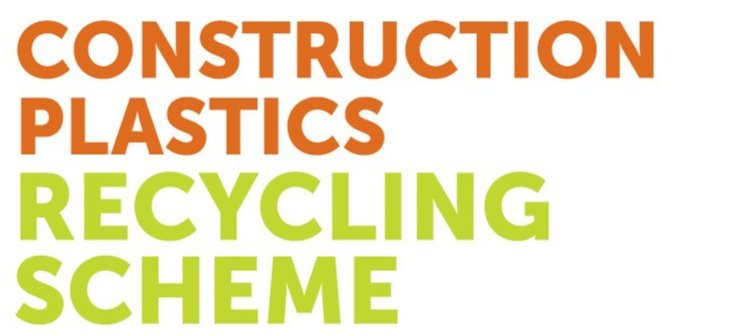Did you know that plastic pipes and fittings are different from single-use plastics?
Unlike single-use plastics, plastic pipes do not end up as pollution in our waterways or oceans. They are engineered products that are recyclable and designed to last, with minimal waste ending up in landfill. Plastic pipes do not biodegrade or corrode and, generally, their properties remain stable in the long term. These properties are ideal for products such as pipes, as a long-life expectancy is required.
PVC pipe can be recycled six to seven times without significant reduction in pipe material quality requirements, highlighting the many benefits to collecting and recycling the off-cuts. Assuming a pipe lifetime of 100 years, the PVC material in PVC pipes may have a lifetime in excess of 600 years!
Pipe off-cuts that are collected can be recycled back into new pipes. The amount of recyclable pipe that can be manufactured into new pipes is currently limited by the low volume of plastic pipes in the waste stream, due to the pipe’s long service life.
The plastics pipe industry is already recycling post-consumer waste collected from the waste stream and recycled back into pipe products, as well as scrap generated during manufacture, which is reground and fed back into the manufacturing process. This recycled material is incorporated with virgin materials at varying levels to manufacture new pipes, which have the same life and performance expectations as pipes made from solely virgin materials.
PVC pipe can be recycled six to seven times without significant reduction in pipe material quality requirements. Assuming a pipe lifetime of 100 years, the PVC material in PVC pipes may have a lifetime in excess of 600 years!
Production plants for plastic pipes have a lower carbon footprint than alternatives, boasting low emissions and lower embodied energy. The main inputs for the equipment are electrically powered to melt the plastics, resulting in a very clean, enclosed process. The development has no combustion or chemical reaction, resulting in no smoke or emissions produced. From here, the thermoplastic material melts and can be formed into shape.
Overall, the process of producing, recycling, and reusing pipes have minimal environmental effects highlighting the never-ending benefits to implementing the Construction Plastics Recycling Scheme. Plastic pipes are smart, efficient, and sustainable, providing long-lasting and reliable infrastructure both now and into the future.
Plastic pipes are smart, efficient, and sustainable, providing long-lasting and reliable infrastructure both now and into the future.
Visit the Plastics Industry Pipe Association of Australia (PIPA) for more information.







